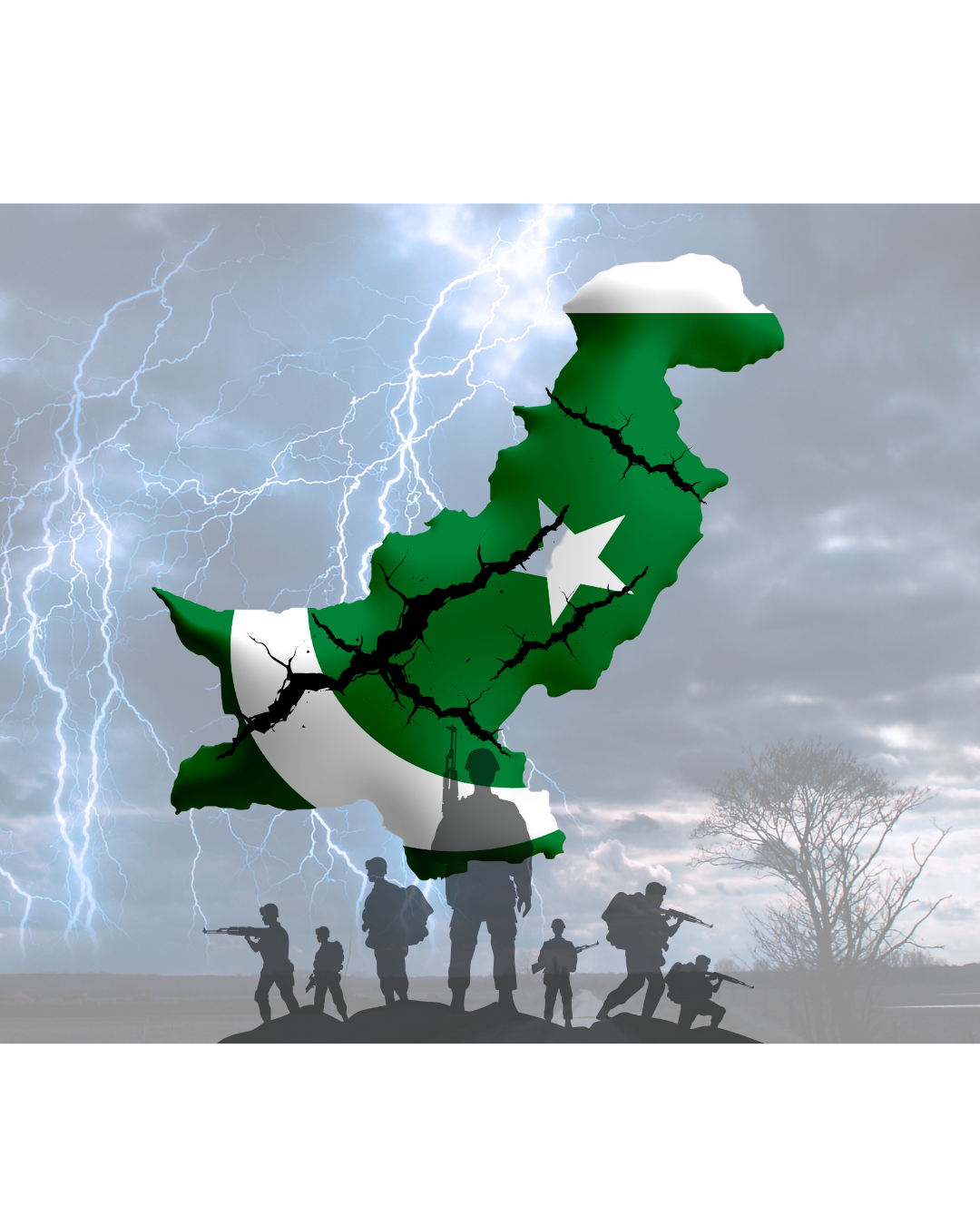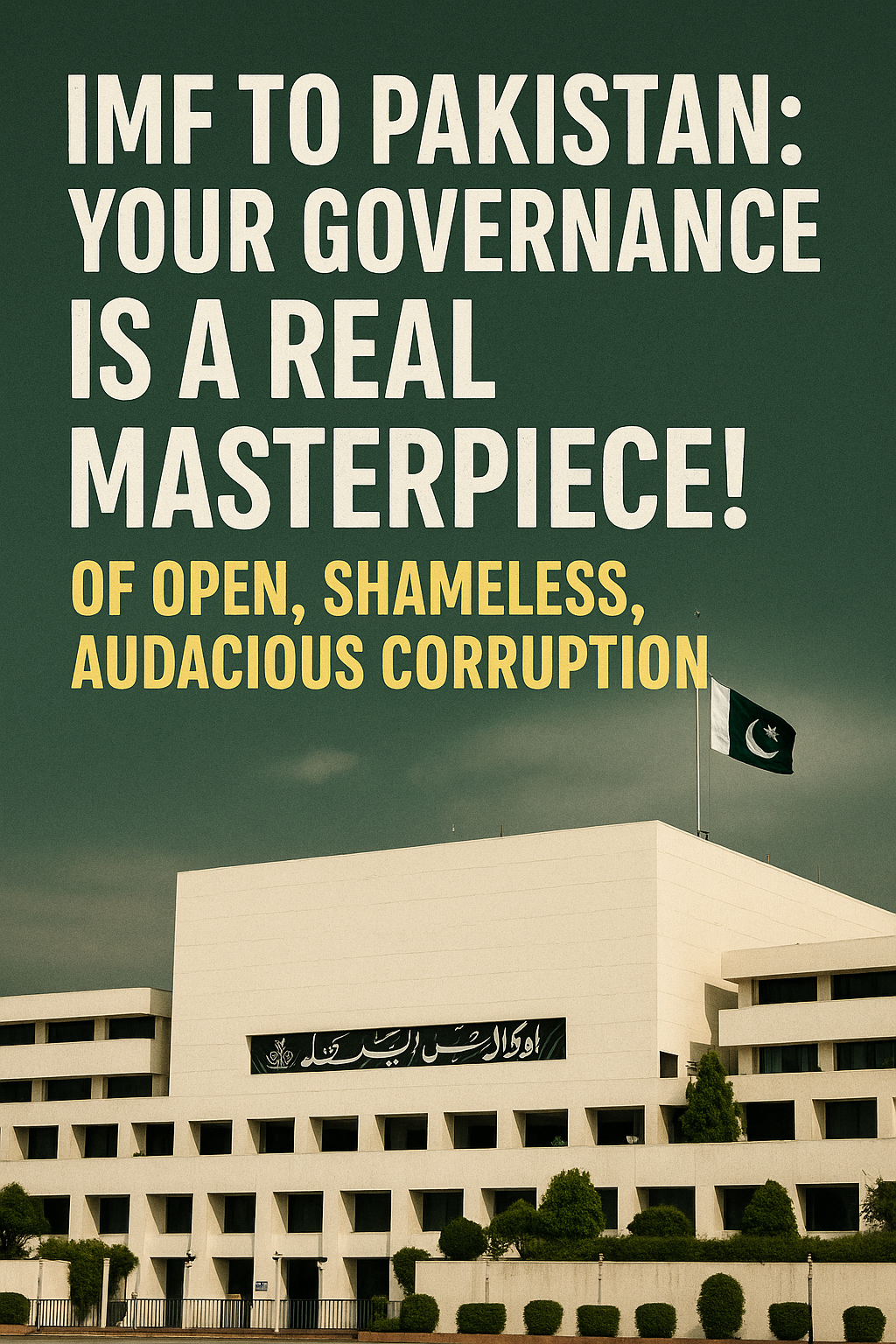It’s a chaotic time, and everyone seems to be making their moves. The Taliban, the military, and global powers are all engaged in a silent yet fierce game of influence. The world watches as Afghanistan and Pakistan become the stage for new conflicts, deals, and betrayals.
The Ever-Shifting U.S. Policy and Pakistan’s Dilemma
I recall someone asking if America has truly changed its approach toward world dominance. My response was simple: the methods may evolve, but the ambitions remain the same. Trump or Biden—it doesn’t matter; the goal is control, and Pakistan is just another piece on their chessboard.
Pakistan stands at a crossroads, stuck between two harsh choices. Should we continue our passive stance toward Iran and risk alienation? Or should we make a bold move and pick a side, fully knowing the consequences? The world expects Pakistan to maintain a delicate balance, but behind closed doors, new war fronts are being discussed.
The Army’s Calculations and Imran Khan’s Imprisonment
Pakistan’s military establishment doesn’t think long-term. Their vision is tactical, not strategic. Right now, their greatest challenge isn’t external threats; it’s internal resistance—Imran Khan and his party.
The fear is real. If Trump returns to power and pressures the government to release Imran, everything could change overnight. A free Imran Khan is a wild card, an unpredictable force that could shift the political landscape beyond their control. To counter this, the establishment is attempting to manufacture distractions—perhaps even a war, this time, for a change, on the western front.
The Unchecked Power of a Single Ruler
History has shown that dictatorships, no matter how strong, eventually crumble. One-man rule is like acid to a free society—it erodes institutions, silences voices, ultimately resulting in isolating the ruler.
General Asim Munir is in charge now, and his intentions are clear. He wants complete political control. But here’s the problem—Pakistan isn’t structured for dictatorship. Every past attempt at absolute rule has led to internal strife, civil unrest, and eventually, collapse.
The real issue is that these leaders make decisions in isolation. One man decides, and a nation suffers. Whether it was the 1971 war, the Afghan Jihad, or the recent crackdown on opposition—single-handed decisions have repeatedly dragged Pakistan into disaster.
The Exodus of Pakistan’s Brightest Minds
Perhaps the most tragic consequence of this turmoil is the brain drain. The best and brightest minds of Pakistan are leaving. They are not just laborers seeking jobs in the Gulf—they are engineers, doctors, and entrepreneurs who no longer see a future in their homeland.
Every month, thousands of talented Pakistanis board planes, not looking back. They would rather struggle in foreign lands than watch their dreams suffocate under corruption and oppression.
If Pakistan’s institutions no longer recruit the best, if merit is replaced by loyalty, what future does this country have?
A Battle of Words, A War of Ideas
Despite the repression, conversations like this one prove that the battle isn’t lost yet. People are still questioning, debating, and resisting.
This isn’t a war fought with weapons. It’s a war of narratives, of minds, of the right to speak freely. Every tweet, every discussion, every protest—these are weapons against an establishment that fears one thing above all: accountability.
We don’t know how this story will end. But one thing is certain—change is coming. Whether it will be through reform or revolution, only time will tell.




Leave a Reply to E. Baig Cancel reply